Feature Image Credit: @sarahakolberg
Practically everyone has some sort of social media account, and most people have a few. It used to be that it was used primarily to share meaningful posts with friends and family. Now, it’s a black hole of information that can create a tangled mess. Since most of us didn’t learn the ins and outs of social media in school, we’ve rounded up 10 books to help you make it through the social media maze.
How To Get Rid Of Social Media Addiction by Anthea Peries
If you find yourself unable to sit down to dinner, do a workout, or watch a show without checking social media, you might be addicted. Most people tend to multi-task these days, so it’s become the norm to stay up on current events while doing something else. However, if you find it difficult to hold a conversation or focus on the task at hand because you can’t wait to scroll, then this book is for you. It goes over the potential dangers and the link between social media and self-esteem. Additionally, It dives into the good, the bad, the ugly, as well as answering frequently asked questions and so much more.
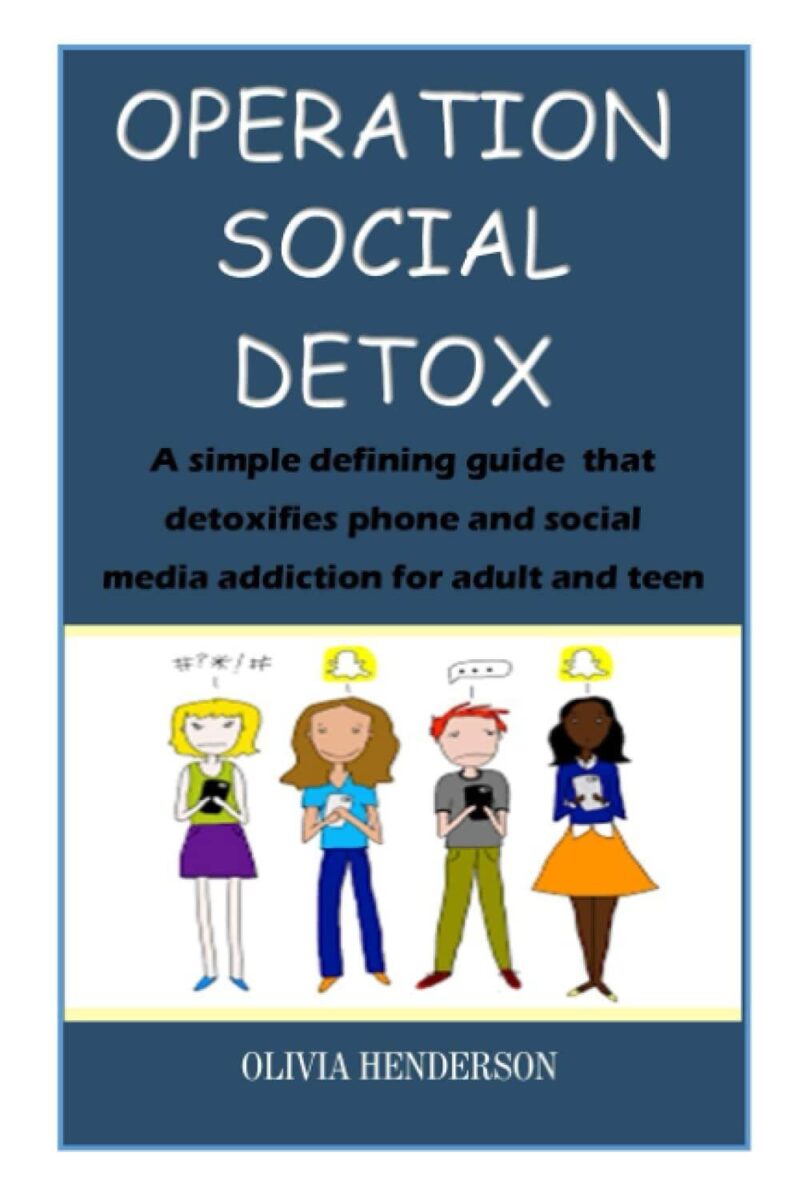
Operation Social Detox by Olivia Henderson
While social media and cell phones are a staple in today’s society, the addiction to them is often overlooked. Relationship expert and social therapist Olivia Henderson is ready to help you break the bad habits that can easily form around these relationships. If you find yourself checking the phone first thing in the morning, constantly refreshing the see if there’s something new in the social newsfeed, or you feel panicked to be without your phone, you may need to detox. In this book, she offers up great advice on how to bring balance back into your life without social media being at the forefront.
My Brain Has Too Many Tabs Open by Tanya Goodin
This book is packed full of information, and we are here for it. Tanya goes over real-life scenarios, like what to do when your kids bring their phones to the dinner table or when your partner is too busy scrolling to join in an actual conversation. As she points out several clever slang terms, like “doomscrolling” and “cyberchondria,” the reader will gain a better understanding of common behaviors and start to recognize if they might be guilty of participating. It takes a much-needed look at comparison culture and how that can negatively affect our lives offline. This is a great guide for anyone looking for a social detox.
You Are Here by Whitney Phillips
Oftentimes people get so caught up in their social media world, that the lines start to blur between what’s fake and what is real. If the Internet is the information superhighway, social media has doubled the speed limit. With anything available at the click of a button, it can be difficult to discern what is credible and what could be fake news. In You Are Here, the reader will be given some useful strategies for dissecting the stories that are arriving at lightning speed. With an ecological approach to the social media crisis, this book takes a look at online behavior from a fresh perspective.
Don’t You Know Who I Am by Ramani S. Durvasula Ph. D
The word “narcissism” is thrown around very casually in conversation these days, but what does it mean? This book will dive into what it entails and how to recognize it from a mile away. Unfortunately, the media, specifically social media, has played a huge role in our psychological health. Anytime we open an app, there’s bound to be an influencer pushing their agenda, whether it’s diet, wellness, or a whole host of other things they are paid to share with the public. In this time of entitlement and toxic behavior, Dr. Durvasula encourages you to step back and realize that you are enough, just as you are.
Ethics in a Digital World by Kristen Mattson
While this book is especially helpful for educators and young adults, it’s also beneficial for those wanting a better understanding of where technology meets humanity. It has become glaringly obvious that the world of social media lacks ethics and empathy. With little regulation, users can spread false information or tout their narrative as fact. Even though this space is filled with bots and algorithms, it can be challenging to understand if anything is posted without an agenda. Being able to think critically about social media will encourage the reader to examine the stories on the screen more carefully.
The Social Media Age by Zoetanya Sujon
For a lot of us, checking the phone is the first thing we do in the morning and the last thing we do at night. Even if it’s just to set the alarm, it has become second nature to check Facebook, Instagram, or whatever social platform is hot at the moment. Many people mindlessly scroll and before they know it, are sucked into a vortex of what to buy, how to look, and the latest diet to try. While social media has its advantages, it clearly has issues. From political debates to personal differences, it can be toxic if it’s not handled with care. This book will help you stay connected while disconnecting from disinformation.
From Selfies to Selflessness by Cary Knox
Before social media, instant gratification was a rarity. People had to wait patiently for pictures to be developed and order items through catalogs instead of online. This new digital world has created a place where people, especially students, no longer have to wait for things and have become consumed with the online environment. By creating an online presence that is filtered beyond recognition, many young people suffer from low self-esteem by believing that looking a certain way is more important than anything else. This book will break down how to swap self-absorption for self-love.
25 Myths about Bullying and Cyberbullying by Elizabeth K. Englander
Bullying looks much different now than it did back in the day. Before, it often led to an altercation that would be handled by an authority figure. But when there is no physical evidence, it can be a lot more challenging to define. Social media is a breeding ground for cyberbullying and this book will carefully examine what to look for, how to deal with it, and how to avoid it. This type of bullying does not just affect children; anyone of any age can be a victim. Although this book is geared toward parents and teachers, it’s a solid choice for all adults who want to gain a better understanding of cyberbullying.
Stop Checking Your Likes by Susie Moore
We live in a time where a lot of value is placed on views, followers, and comments. For some, the need to check social media every few minutes to see how a post is performing can turn into an obsession. This unhealthy habit can lead to a decline in self-confidence by placing your worth on what pops up on the screen. Susie wants you to break free from the chains that are binding you to social media and realize that you don’t need digital approval. When you realize that a lot of popular posts are sponsored and contrived, you’ll start to break free from the idea that you need the likes to feel loved.
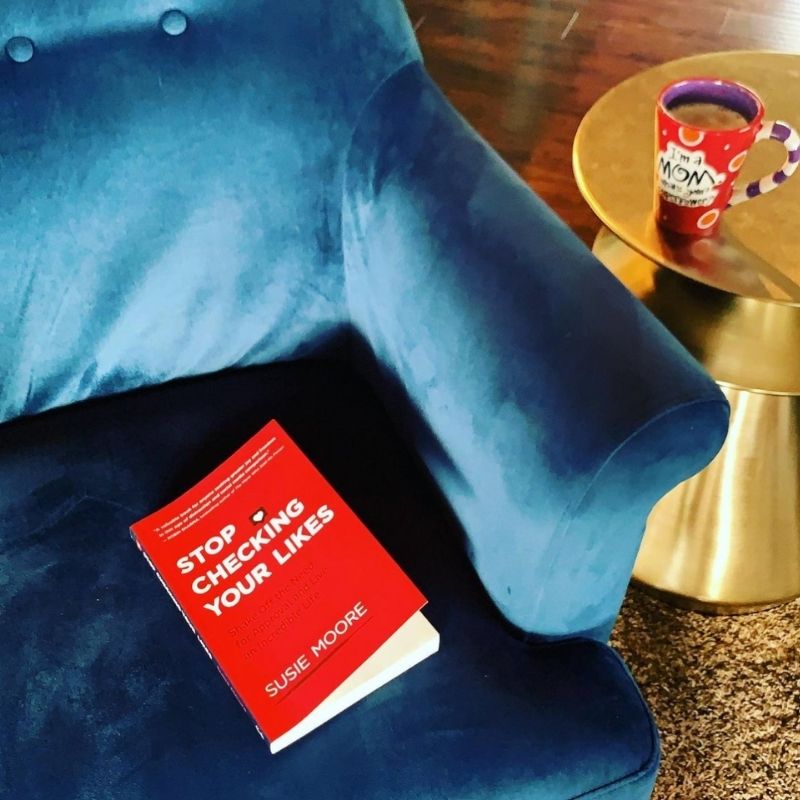
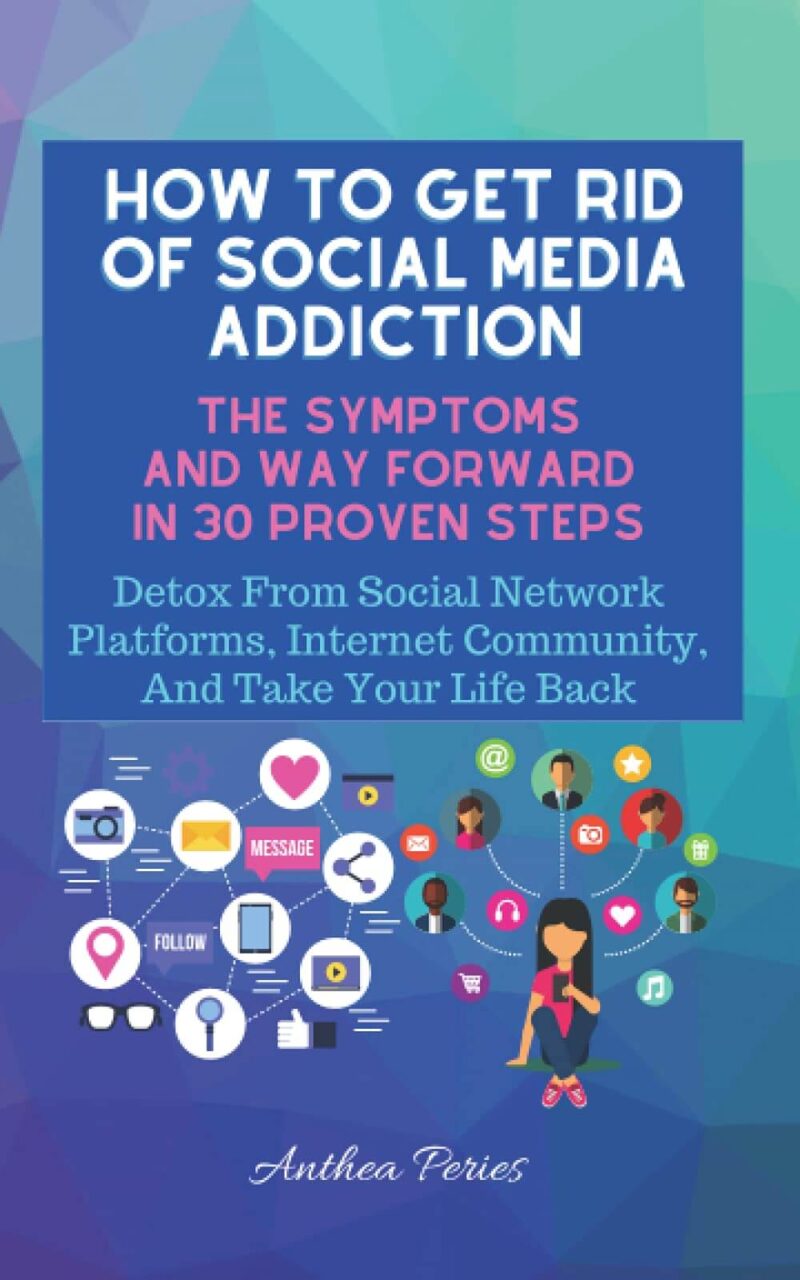
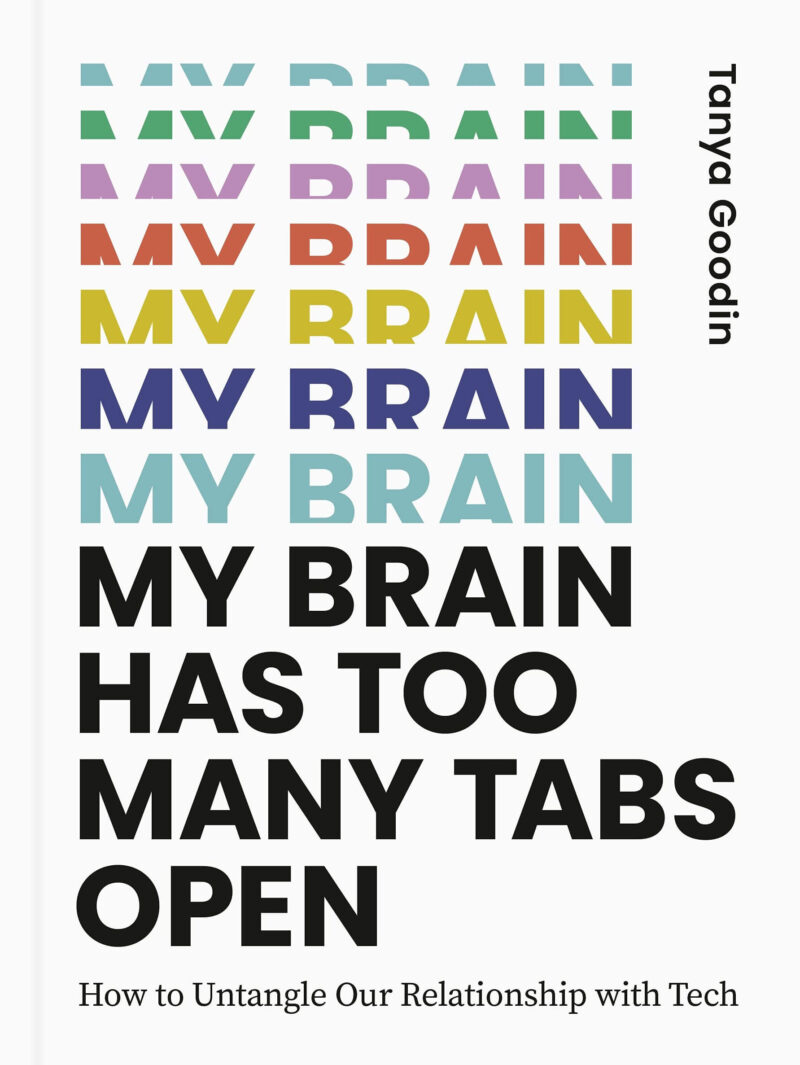
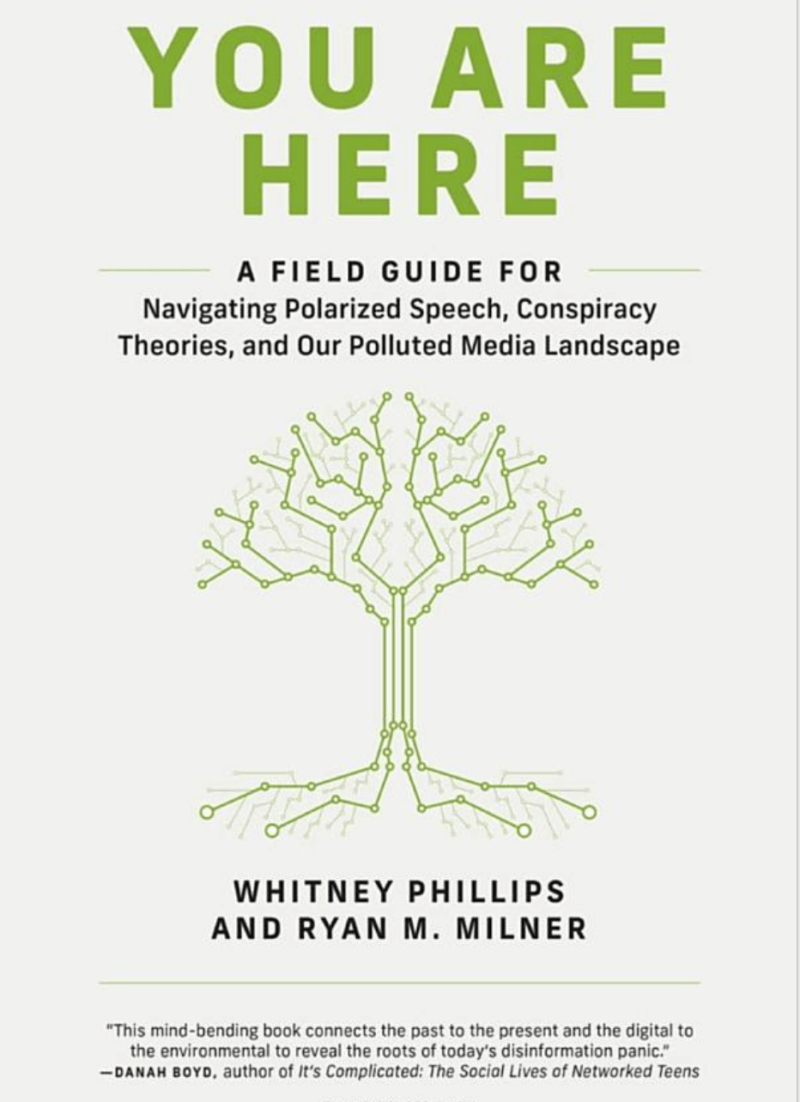
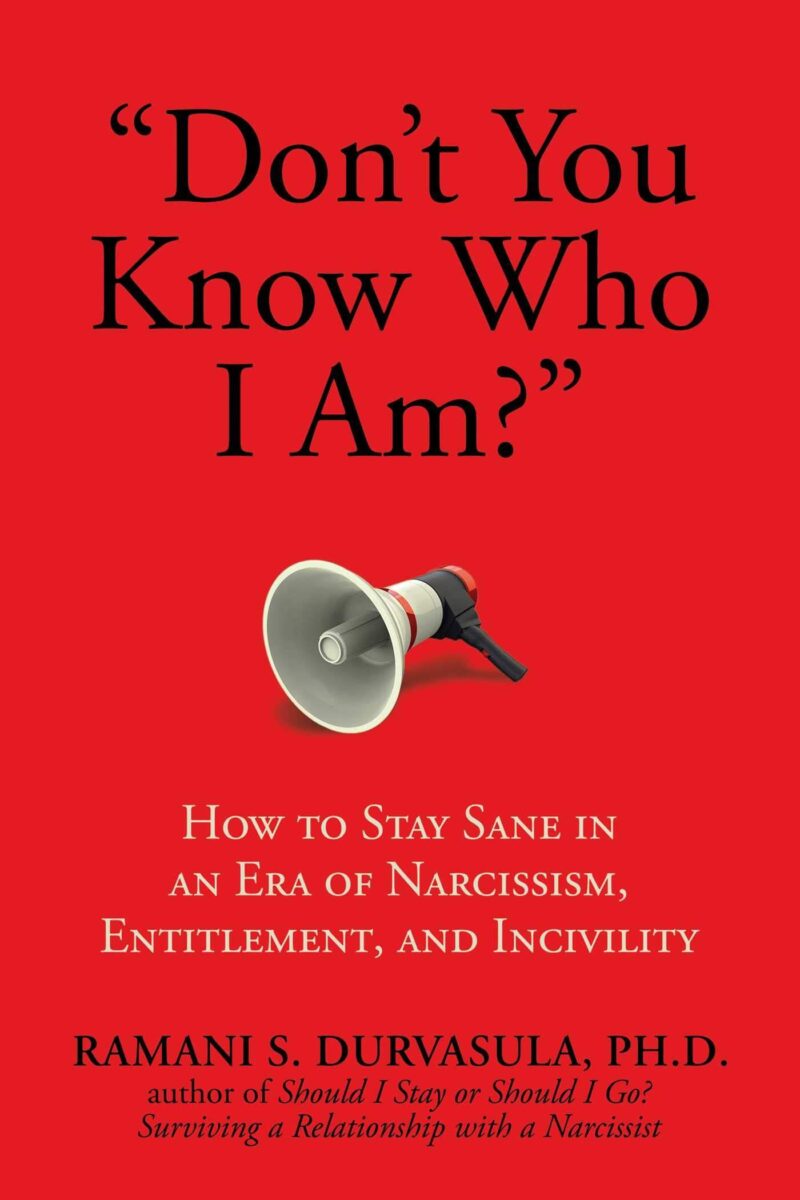
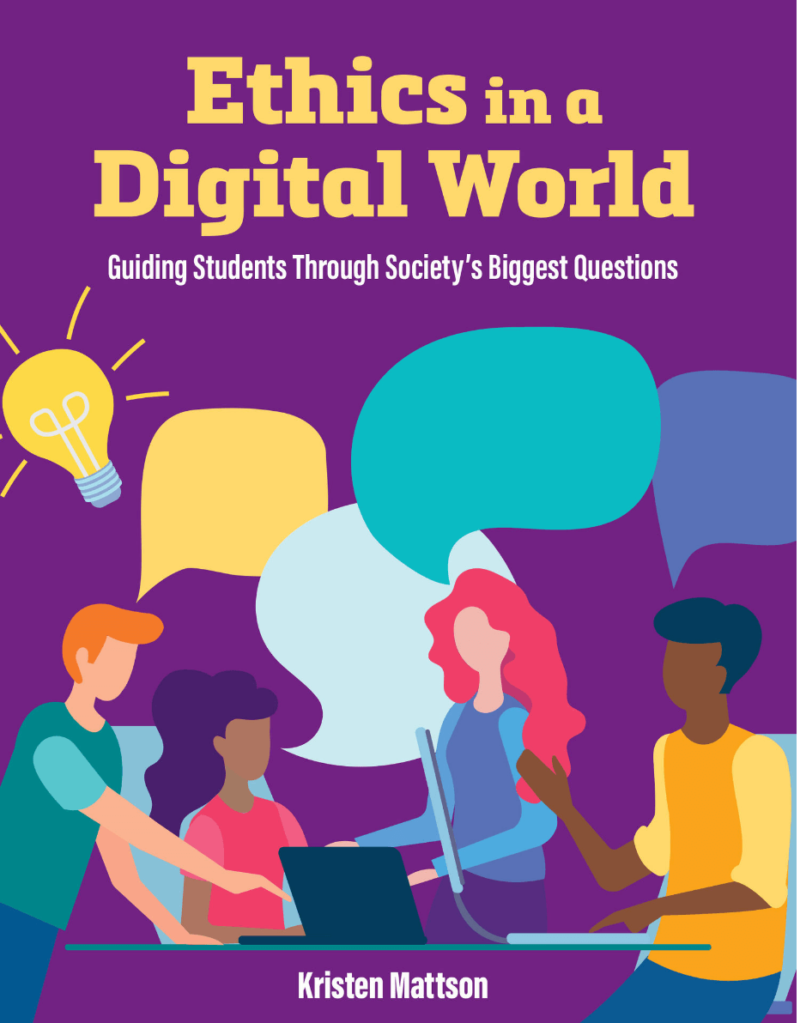
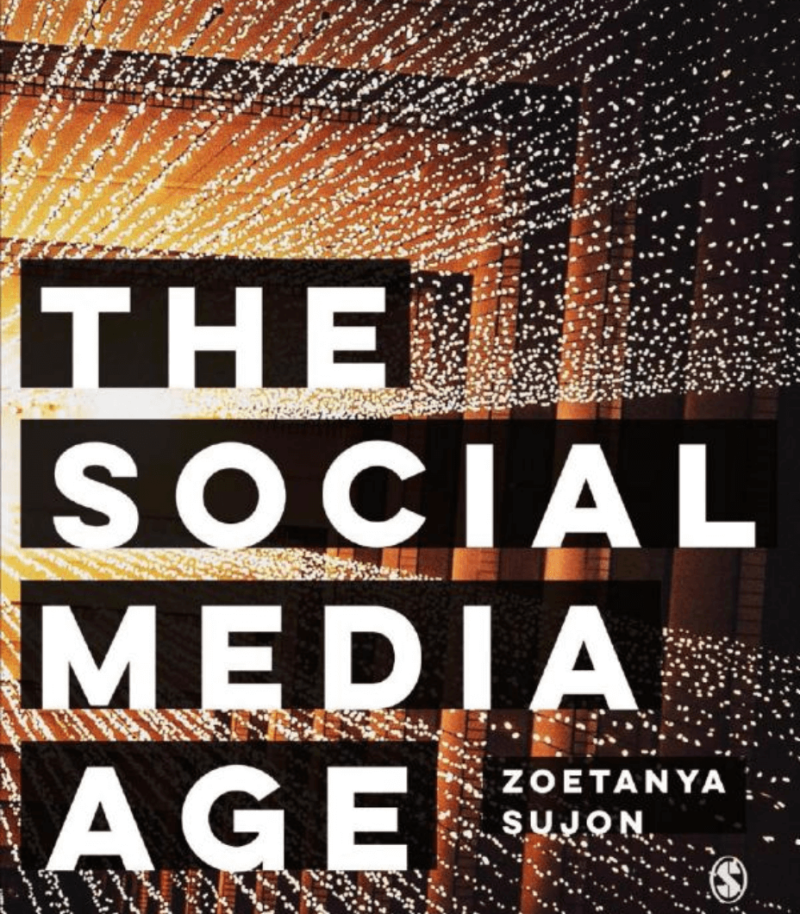
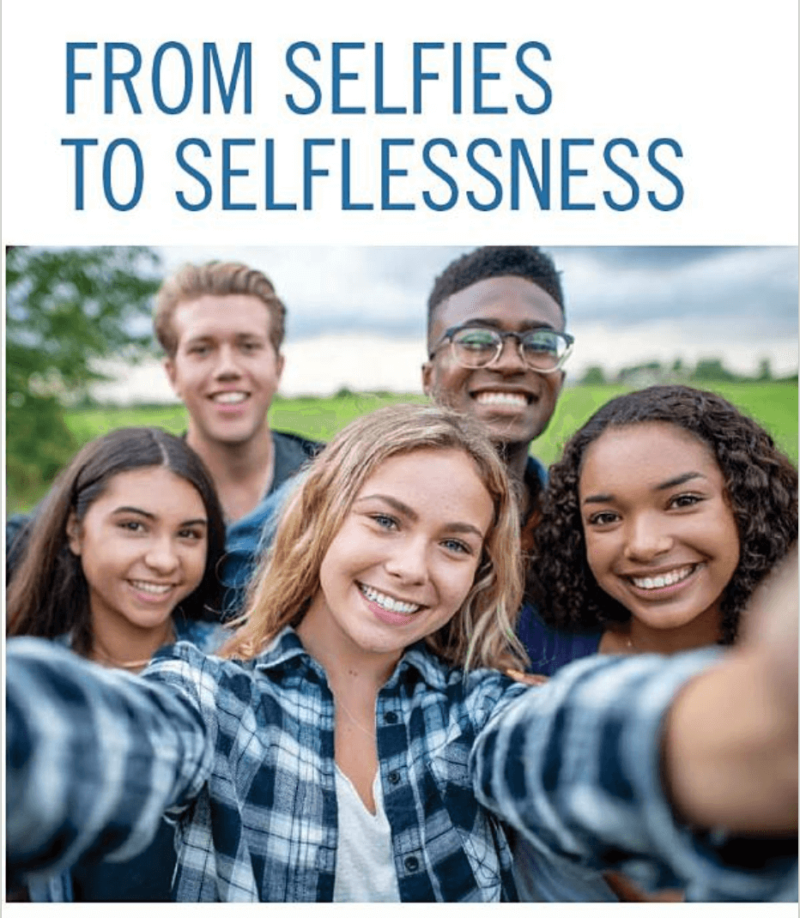
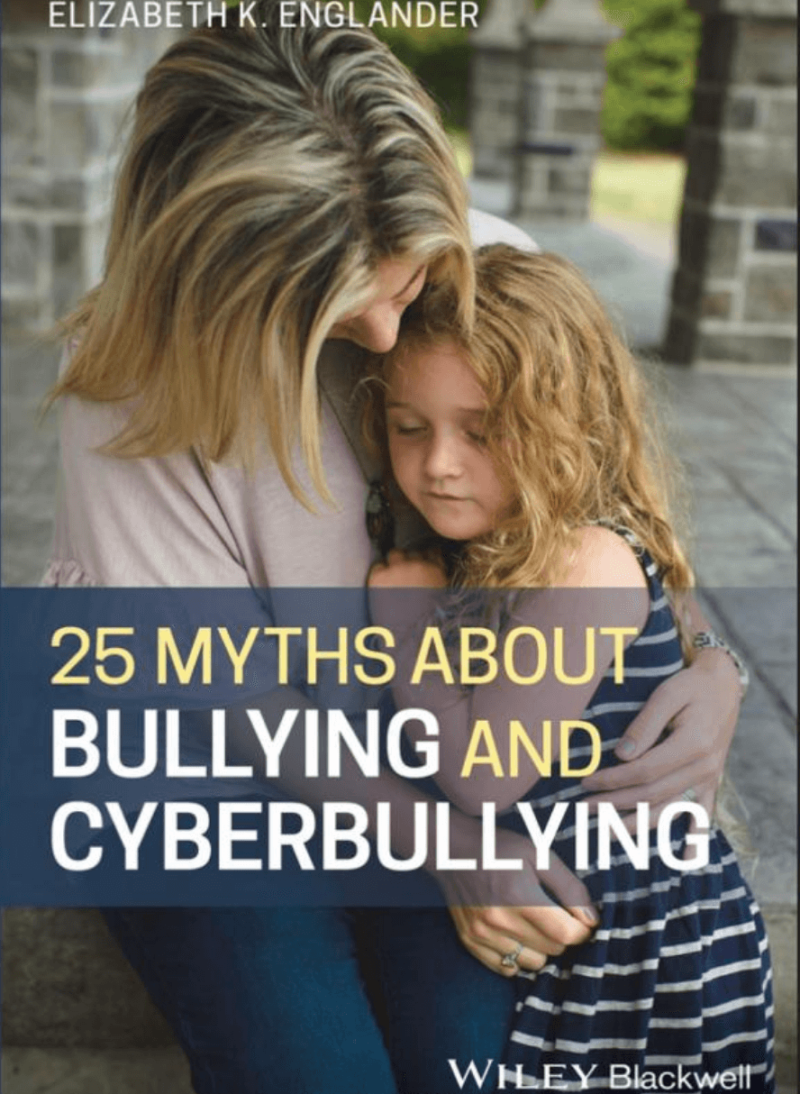
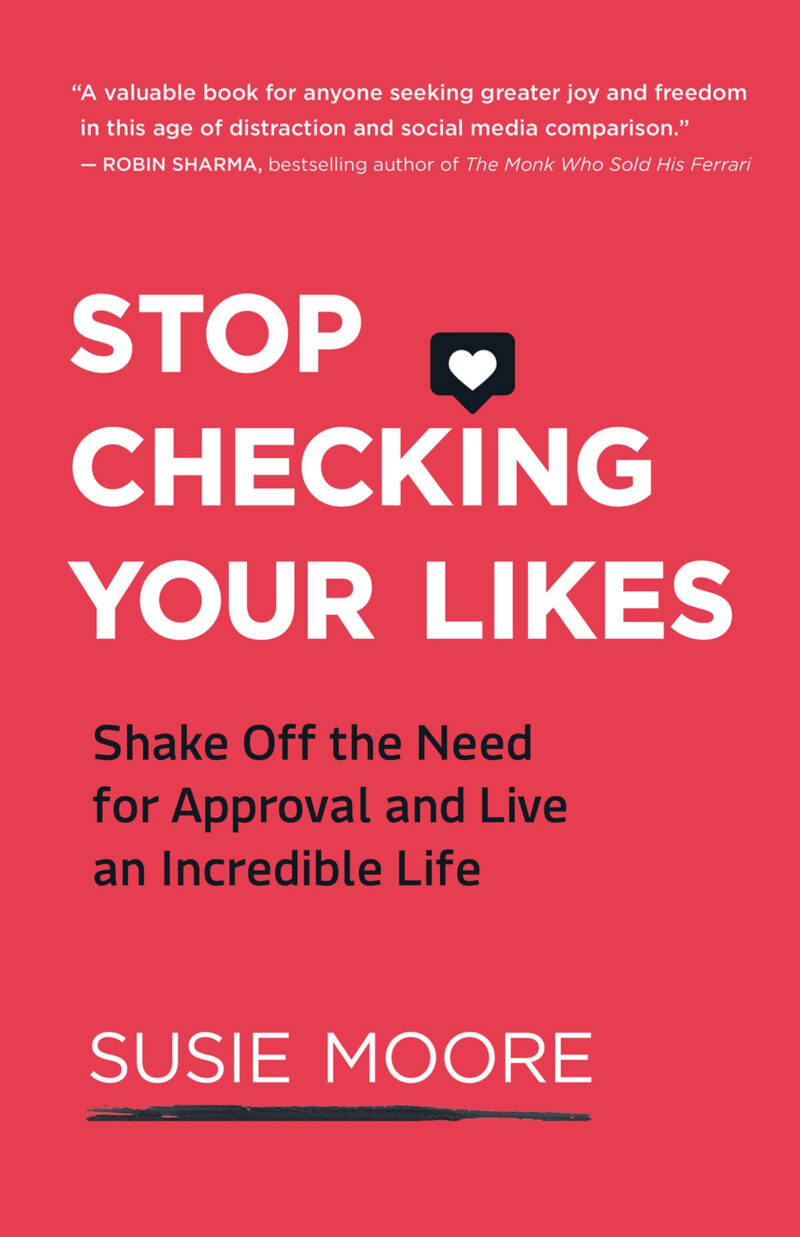
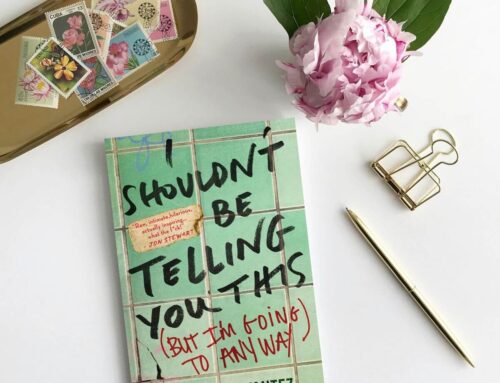
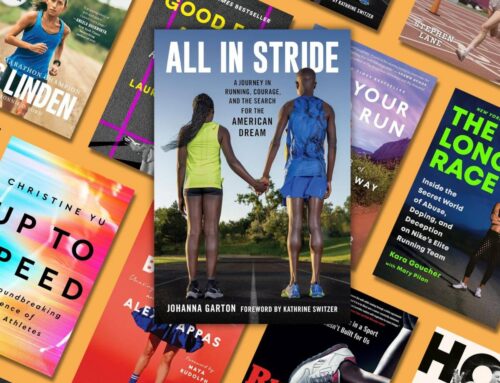
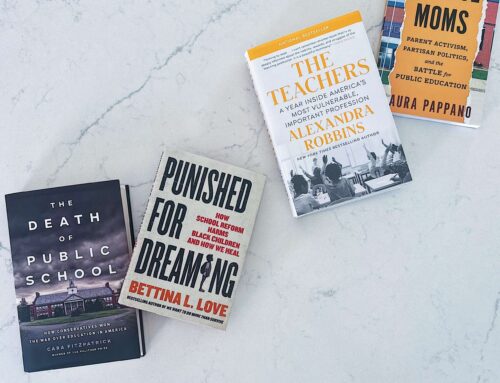
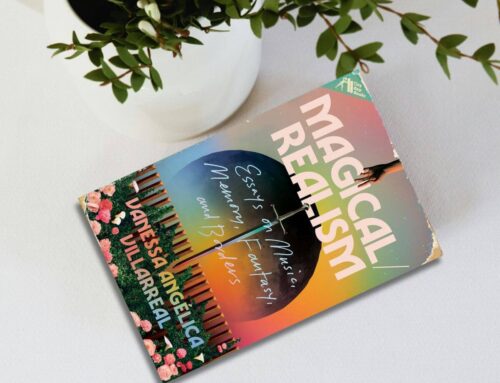

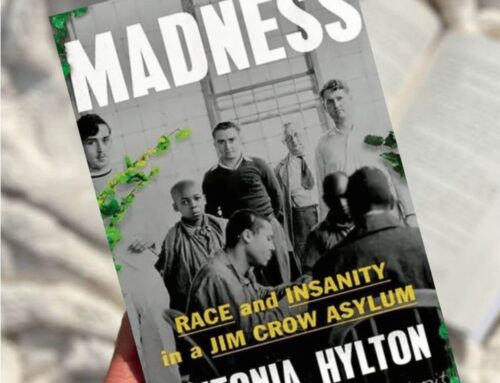
Leave A Comment